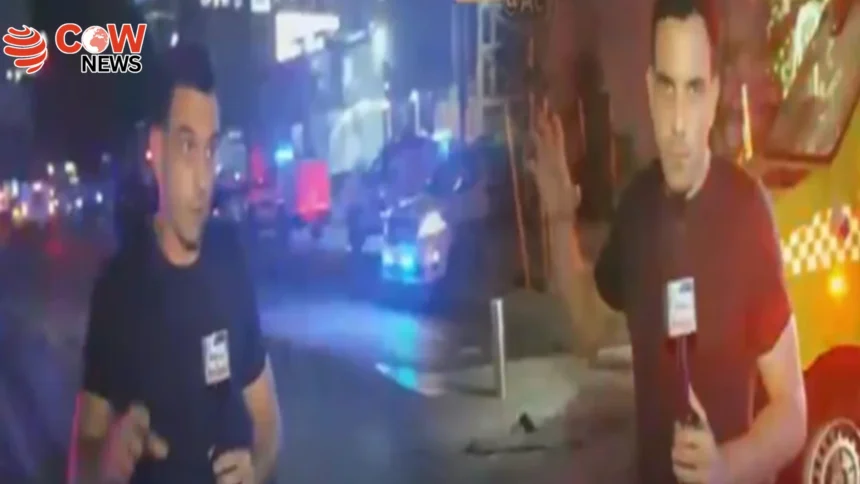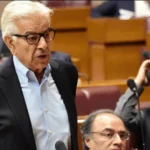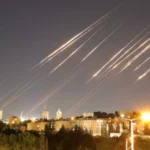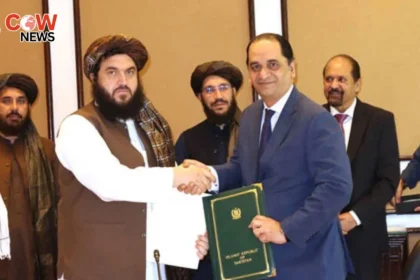Tel Aviv, June 14, 2025 —
Israeli security personnel prevented an American journalist from covering the aftermath of a major Iranian missile strike in central Tel Aviv, amid escalating tensions between the two countries.
The U.S. reporter, whose identity has not been disclosed, had arrived at the site to provide live coverage of the damage caused by Iran’s fifth large-scale missile barrage on Israeli territory early Saturday morning. However, video footage circulating on social media shows Israeli forces blocking the journalist from broadcasting live and attempting to move him away from the impact zone.
Eyewitnesses confirmed that the journalist was attempting to document civilian damage and assess the impact on infrastructure when he was stopped by Israeli security forces. Officials cited “security concerns” as the reason for the intervention, although no formal statement has been released.
According to initial reports from Israeli media, the latest Iranian assault involved dozens of ballistic missiles targeting key sites in Tel Aviv. The attack left four Israelis dead and over 63 injured. Additionally, two of Israel’s advanced F-35 stealth fighter jets were reportedly downed by Iranian air defense retaliation.
Iran has named its latest military action “Operation Wa’ad-e-Sadiq 5”, continuing a series of responses to what Tehran views as Israeli provocations, including recent strikes on Iranian soil and sensitive nuclear facilities.
The attempt to suppress international media coverage has raised concerns over transparency in conflict reporting. Media watchdog organizations have criticized Israel’s move, suggesting it reflects efforts to control the narrative amid growing international scrutiny of its military engagements and civilian toll.
Tensions have sharply intensified since Israel conducted preemptive airstrikes on multiple Iranian cities last week. In response, Iran launched several waves of retaliatory attacks, marking one of the most serious confrontations between the two nations in decades.
While global diplomatic efforts continue to de-escalate the situation, Saturday’s incident highlights the difficulties journalists face in reporting from active conflict zones — especially when press freedoms are restricted.
International observers have urged both parties to adhere to international laws protecting war correspondents and ensuring press freedom even in times of war.







